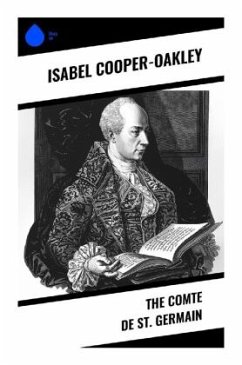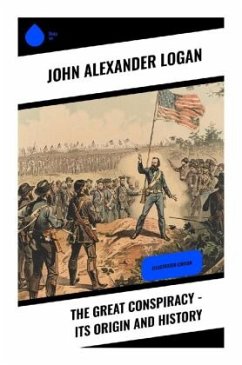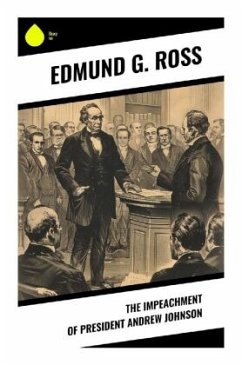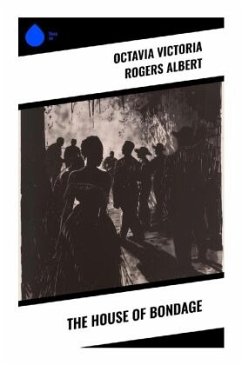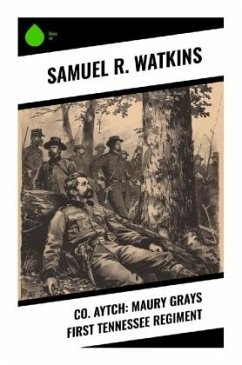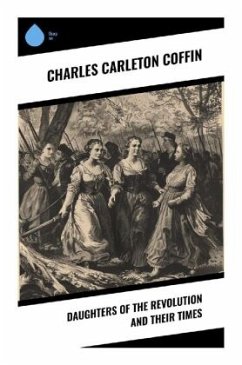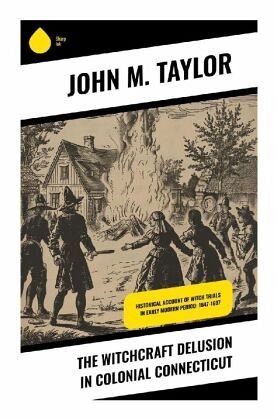
The Witchcraft Delusion in Colonial Connecticut
Historical Account of Witch Trials in Early Modern Period: 1647-1697
Versandkostenfrei!
Versandfertig in 6-10 Tagen
9,30 €
inkl. MwSt.
Weitere Ausgaben:

PAYBACK Punkte
0 °P sammeln!
In "The Witchcraft Delusion in Colonial Connecticut," John M. Taylor meticulously chronicles the pervasive fear and hysteria surrounding witchcraft during the early colonial era. Drawing on a wealth of primary sources, Taylor analyzes court records, testimonies, and contemporaneous narratives to elucidate the socio-political context that fueled accusations and trials. His literary style merges rigorous scholarship with accessible prose, allowing readers to grasp the complex interplay between belief, superstition, and law in an age shadowed by the specter of witchcraft. This book situates Conne...
In "The Witchcraft Delusion in Colonial Connecticut," John M. Taylor meticulously chronicles the pervasive fear and hysteria surrounding witchcraft during the early colonial era. Drawing on a wealth of primary sources, Taylor analyzes court records, testimonies, and contemporaneous narratives to elucidate the socio-political context that fueled accusations and trials. His literary style merges rigorous scholarship with accessible prose, allowing readers to grasp the complex interplay between belief, superstition, and law in an age shadowed by the specter of witchcraft. This book situates Connecticut's unique experiences within the larger framework of witchcraft phenomena across New England, showcasing how local politics and communal tensions contributed to the fervor of these delusions. John M. Taylor is a distinguished historian whose scholarly pursuits are deeply rooted in early American history and societal responses to crises. His passion for uncovering the intricacies of historical narratives is informed by his extensive research and teaching at prominent institutions, where he has delved into the psychological and social dimensions of collective behavior. Taylor's dedication to illuminating marginalized voices from history contributes to the importance of this work in understanding the cultural landscape of colonial America. This compelling exploration is a must-read for anyone intrigued by the intersections of history, psychology, and social justice. Taylor's nuanced approach invites scholars, students, and casual readers alike to reflect on how fear can distort communities' rationalities, making it an essential addition to the library of anyone interested in early American history and the dynamics of societal delusions.






